Cops as the true revolutionary class
I see two scenarios for the Russian Federation: positive and negative. Positive scenario would be the West maximising systemic shock on Russian economy. Its paralysis and following collapse will give the West leverage for negotiations🧵
I see two scenarios for the Russian Federation: positive and negative. Positive scenario would be the West maximising systemic shock on Russian economy. Its paralysis and following collapse will give the West leverage for negotiations🧵
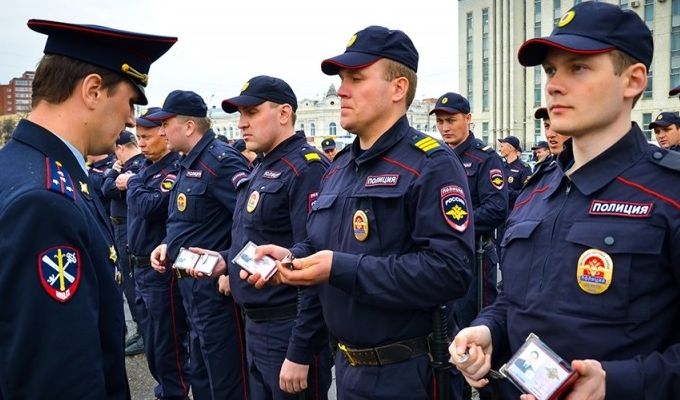
Negotiations shouldn't be held with Putin, that's insane. He ain't stupid and knows there's no way back. They shouldn't be held with "Russian people". The idea of them rising up to overthrow Putin is even crazier, that's a Protestant moral crusade disguised as the policy making 
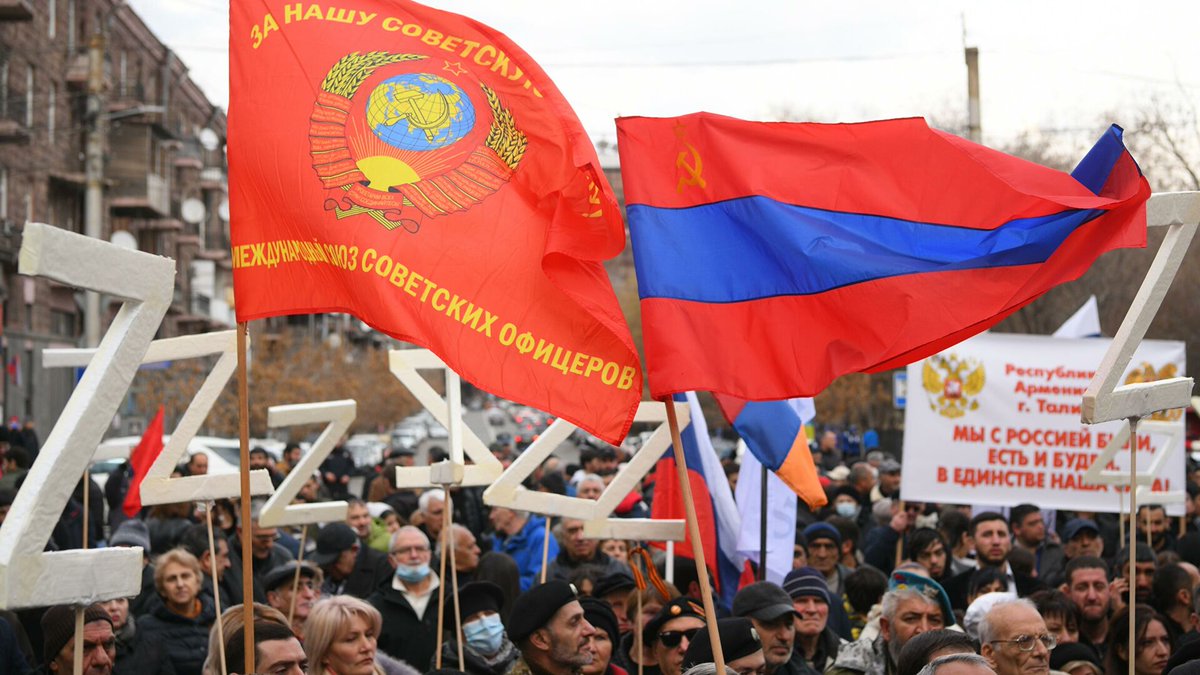
Negotiations shouldn't be held with the army. Russian army is emasculated. It's low in dominance hierarchy, has zero respect, autonomy or capacity for decision making. Every regime since 1917 aimed to castrate the army so it wouldn't be a threat. Putin did it most successfully 

Negotiations should be held with:
1. Mid-ranked elites, primarily regional
2. The cops
The true revolutionary force in Russia aren't "workers", "students", or "army". It's the cops. Russia is a state security regime and cops are lower ranked security forces = *counter elite*
1. Mid-ranked elites, primarily regional
2. The cops
The true revolutionary force in Russia aren't "workers", "students", or "army". It's the cops. Russia is a state security regime and cops are lower ranked security forces = *counter elite*
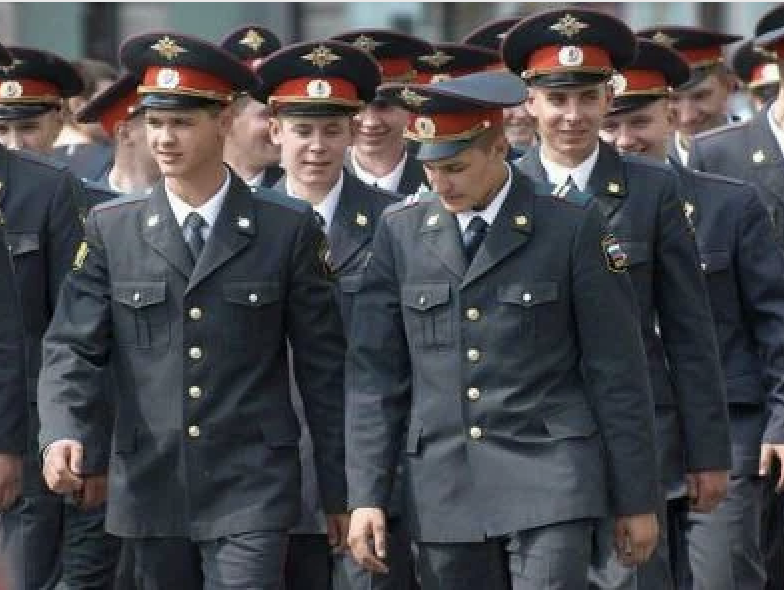
I wanna reiterate this point. It's absurd to think that a revolution can be done by the oppressed. Truly oppressed can't do a revolution, because they can't do anything. They can't even launch a proper revolt. They can raise only a food riot which will be easily routed 
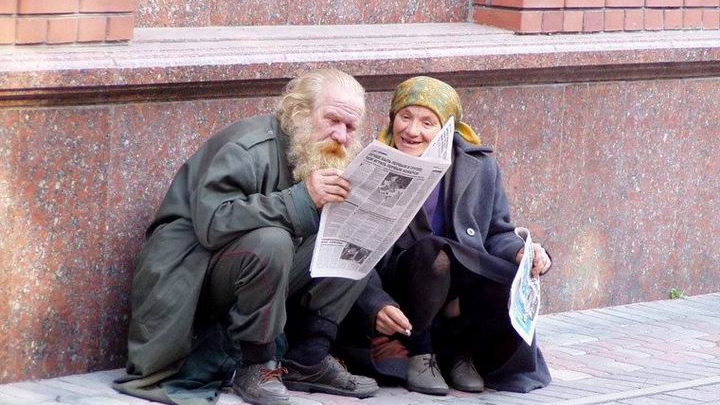
That was a major problem for Soviet historiography. Soviets regarded Muscovy and Russian Empire as feudal regimes. In feudal regime feudals are the oppressors and peasants are the oppressed. Thus in a Marxist worldview peasants would pose the major revolutionary threat there 

Indeed, Russia had two gigantic rebellions in 1667—1671 and 1773–1775. Based on their Marxist paradigm, Soviets labeled them as "peasants" rebellions. Which was highly inaccurate. Both largest rebellions in Russian history were led by Cossacks - Stepan Razin and Yemelyan Pugachev 
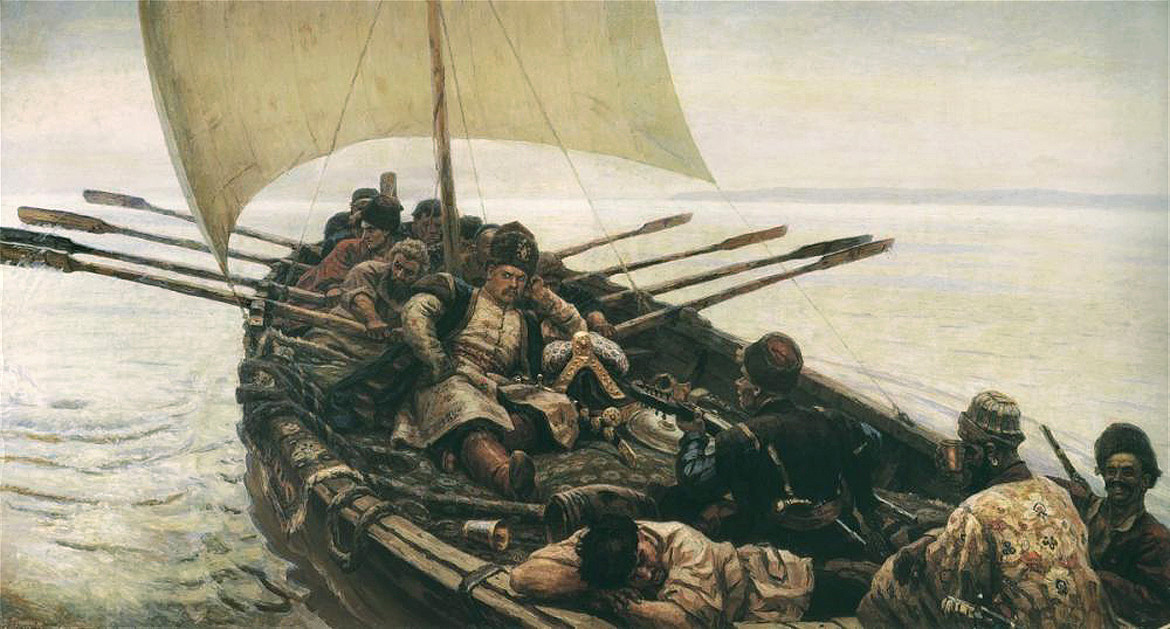
In both cases the fighting force and leadership was comprised of Cossacks. Who weren't the "oppressed" but a counterelite, challenging the rule of Russian nobility. They were aided by steppe nomads, dispossessed Muslim and Finnic nobility, religious dissidents (Old Believers) etc 
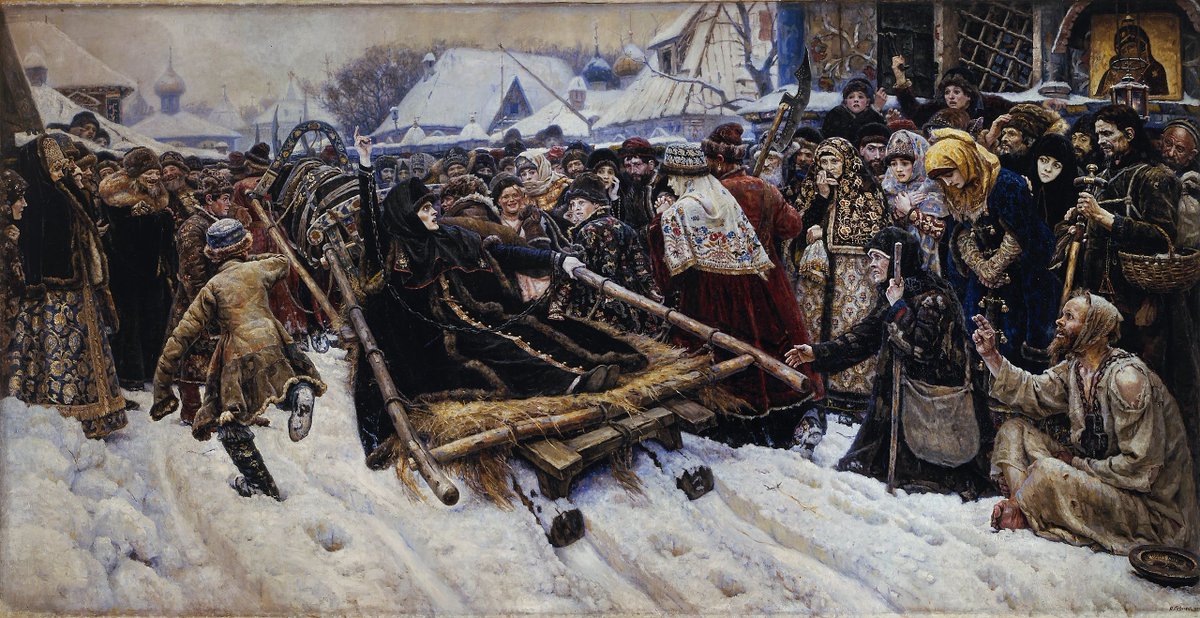
Serfs helped the rebels by attacking their masters, officials, infrastructure and inflicting general chaos. But they were too disorganised and untrained to pose military threat to the regime rather than creating a fog of war. Serfs were more like a smoke screen for Cossack troops 
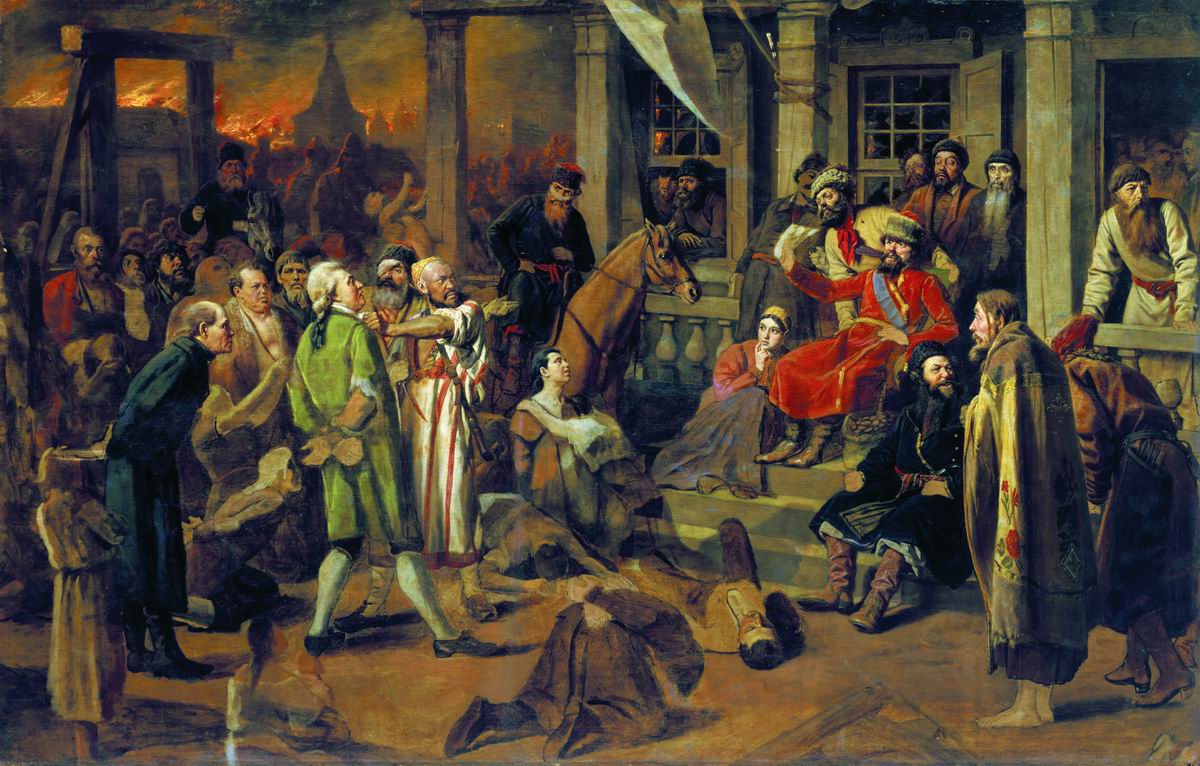
If we look at outsiders, non-Cossacks, who made it to the core of rebellions, we can see a pattern. What remained of Razin's army was led by a Mordva murza Akai Bolyaev. He was a Volga Finn holding a Turkic title (Volga Finns were heavily Turkified like Baltic Finns Germanised) 

The largest non-Cossack force participating in Pugachev's revolt were Bashkirs led by Salavat Yulaev. His family used to be privileged. They were large landowners relieved from tax (tarkhans), canton commanders. But then their land was confiscated for a factory. So they rebelled 

So the pattern of largest Russian rebellions was the following. It was an alliance between the
1. Military/paramilitary counter-elite
2. Pressured and dispossessed regional elites
The latter had authority and commanded obedience in province but had grudge against the government
1. Military/paramilitary counter-elite
2. Pressured and dispossessed regional elites
The latter had authority and commanded obedience in province but had grudge against the government
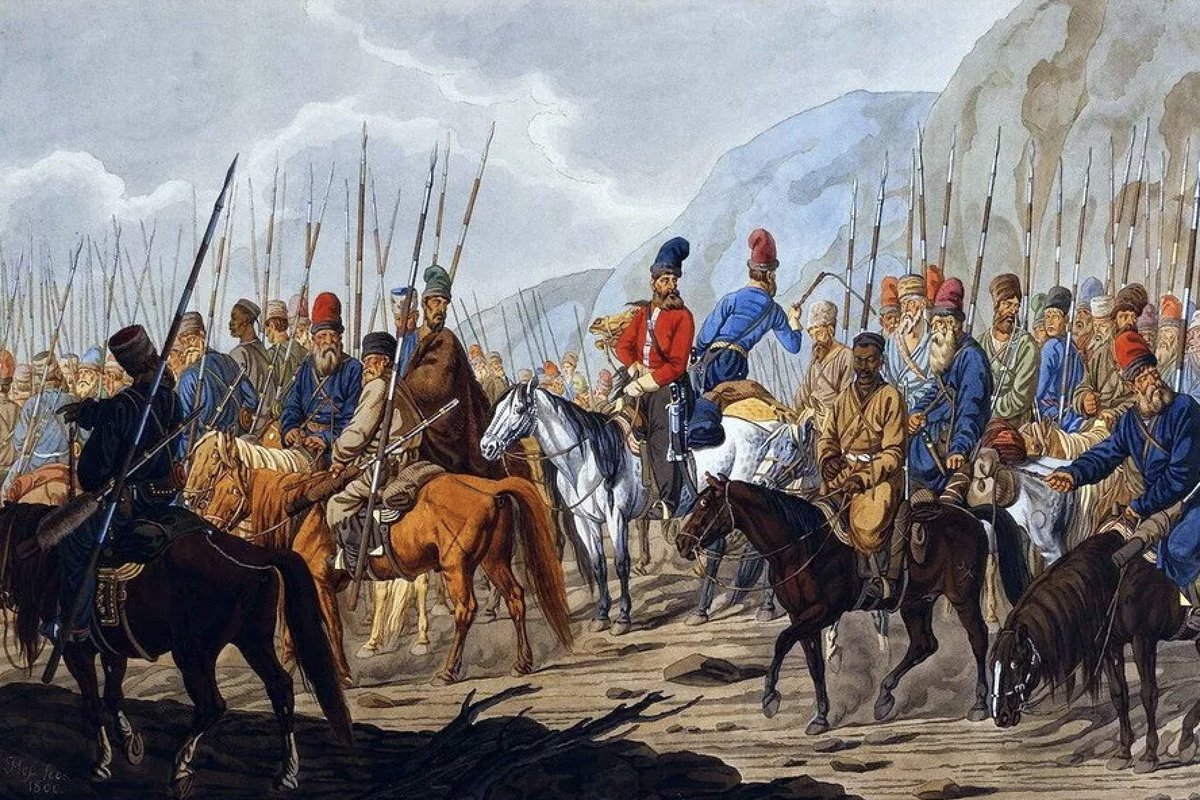
I also find it very interesting that both largest rebellions in Russian history were not only raised by Cossacks, but by Cossacks from the exactly same village (stanitsa) - Zimoveyskaya, now Pugachevskaya. This isn't an accident. That's the power of mythos and why memory matters 

The very fact that you know that a certain guy from your village once raised an enormous rebellion and almost made it, will encourage other boys from that place to try again. Give them a sort of "permission" 

Power of permission is wildly underestimated when we discuss great families that produced a number of geniuses. It's not only about genes, wealth or network. It's also about "permission". The fact that people from your reference group did something great encourages you to try too 
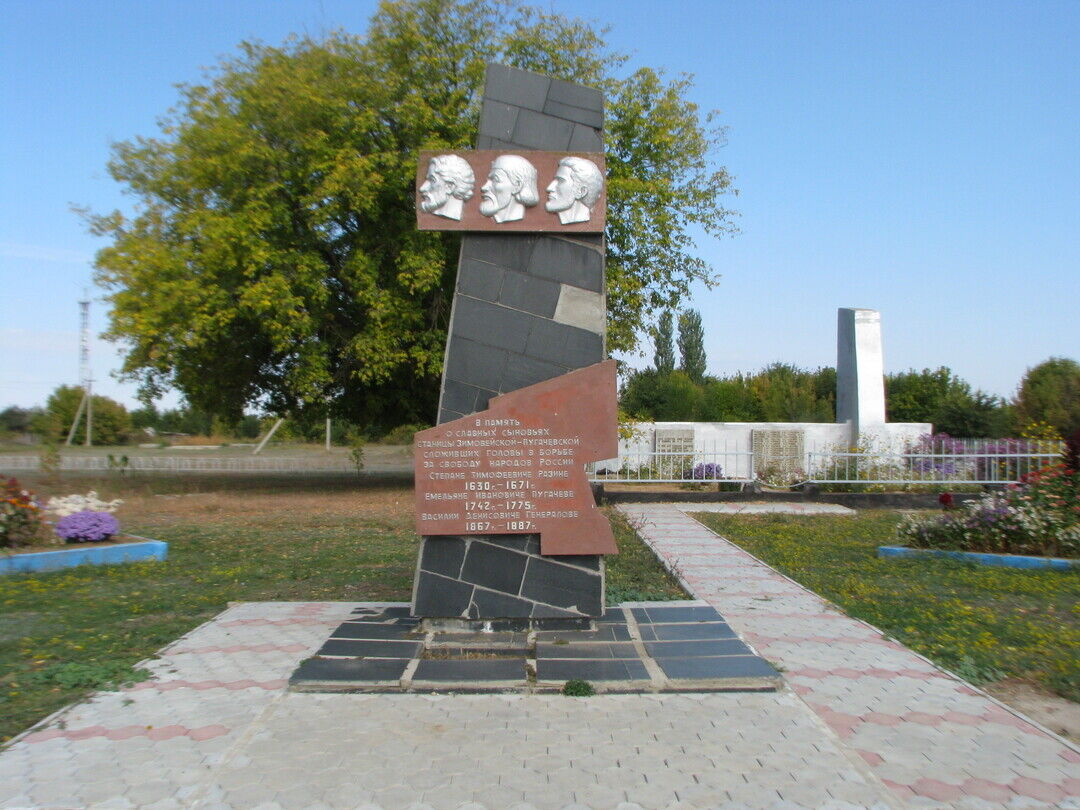
To accomplish something you need first to try. And to try you need to be relatively high in spirit. That's why an effective way to make sure people will never even try is to keep them low in spirit. Russian government knows it and used this trick to emasculate the Russian army 
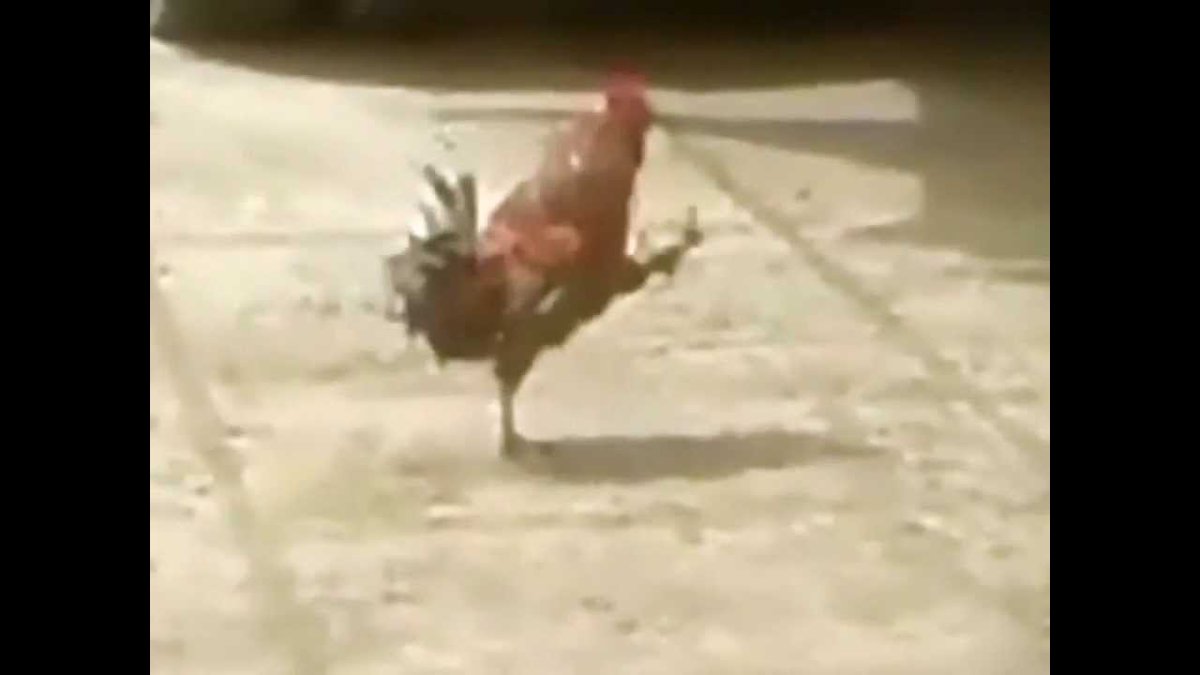
The more high in spirit the army is, the more inner political threat it poses. Thus the government will make every effort to keep them low in spirit. Watch this video with TV host yelling at an officer for suggesting to have a minute of silence for soldiers killed in Ukraine
Russian soldiers are forced into gay prostitution. According to an international gay guide Spartacus, you can either pick up a soldier in Moscow city center or visit a nearby military base and choose the one you like for 100-500 usd. That's how officers & деды are hustling 

Typical story. Conscript Ilya was forced into prostitution on his second month of service. He got a letter from his gf and didn't give it to sergeant to read. Angry sergeant told Ilya won't need girls anymore. That evening he was gang raped. Later, they would sell him to clients 
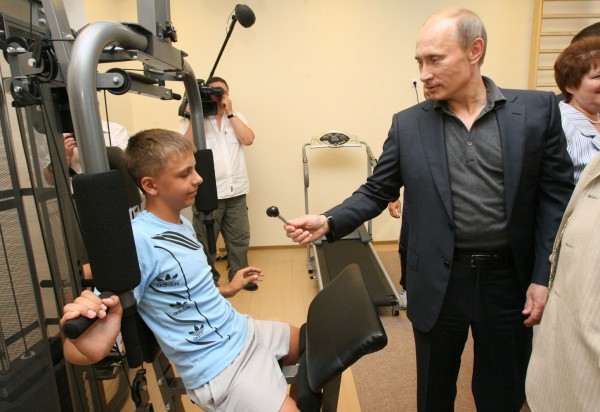
Everyone fears glorious Russian army. And yet, Russian organised crime considers it as prey. Thieves literally visit military bases with nuclear rockets, Syrian war veterans and racketeer them. Officers and men pay of course. Thief is higher than a soldier in dominance hierarchy 







Westerners find stories with mafia racketeering the army incredible, impossible to believe in. They sound to absurd and remind Anglos of a Monty Python sketch. The very idea of mafia racketeering the army (including war veterans) and army paying sounds unnatural. Because it is 
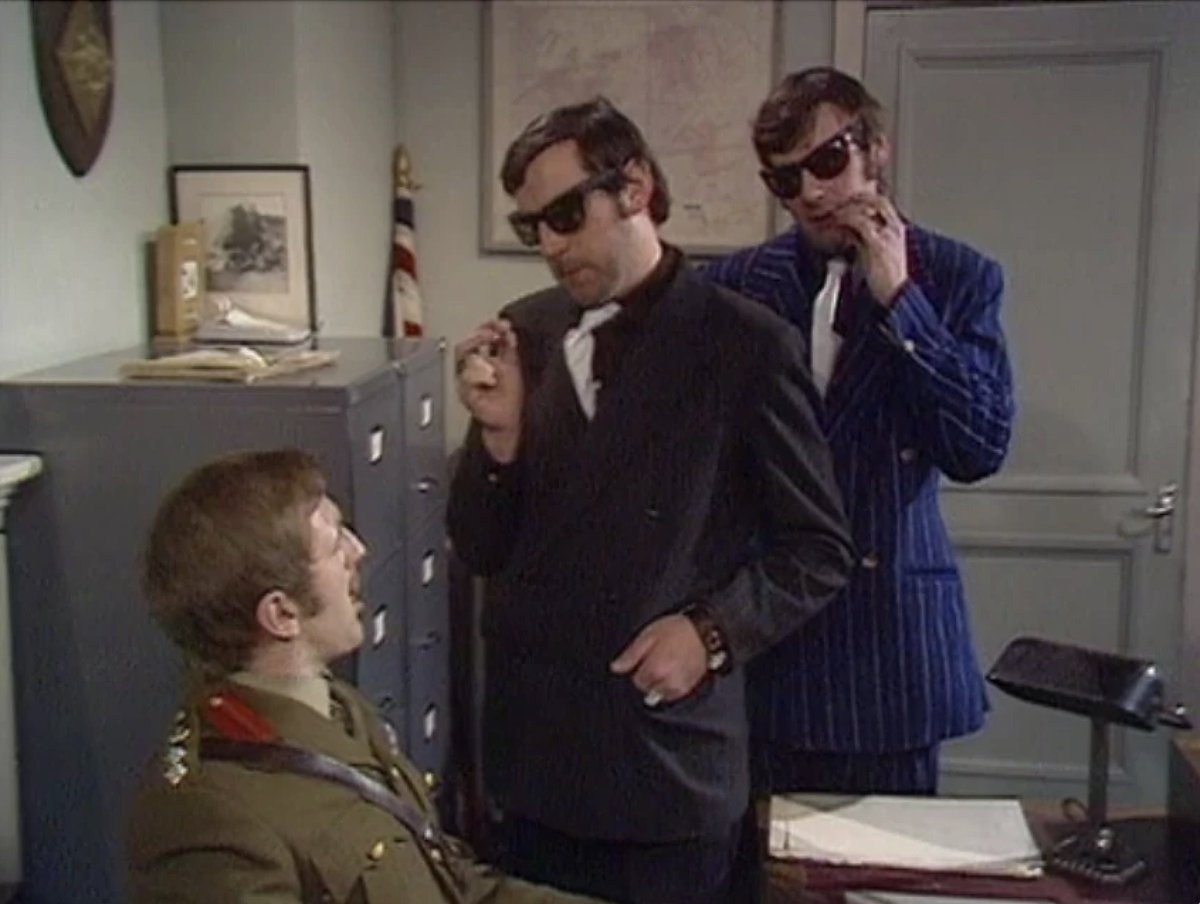
Incredibly low status of Russian army isn't natural. That's a deliberate plan to keep them low in spirit. If their status rises, they would become a counter elite. And army is a very dangerous counter elite, Russian rulers would prefer not to have. So they eliminate this threat 

Of course any elite would prefer not to have counter elite at all. But that's impossible. If you eliminate any outer rivals, it just means you'll get a counter elite within your regime. Communist Party destroyed any rivals in the USSR. That's why KGB turned into the counter elite 

Putin's FSB regime worked hard on eliminating any outer threat in the country. They destroyed or subjugated all other forces in Russia: political parties, oligarchs, governors, etc. As a result Russian state security regime is unchallenged from outside - there's no one left 
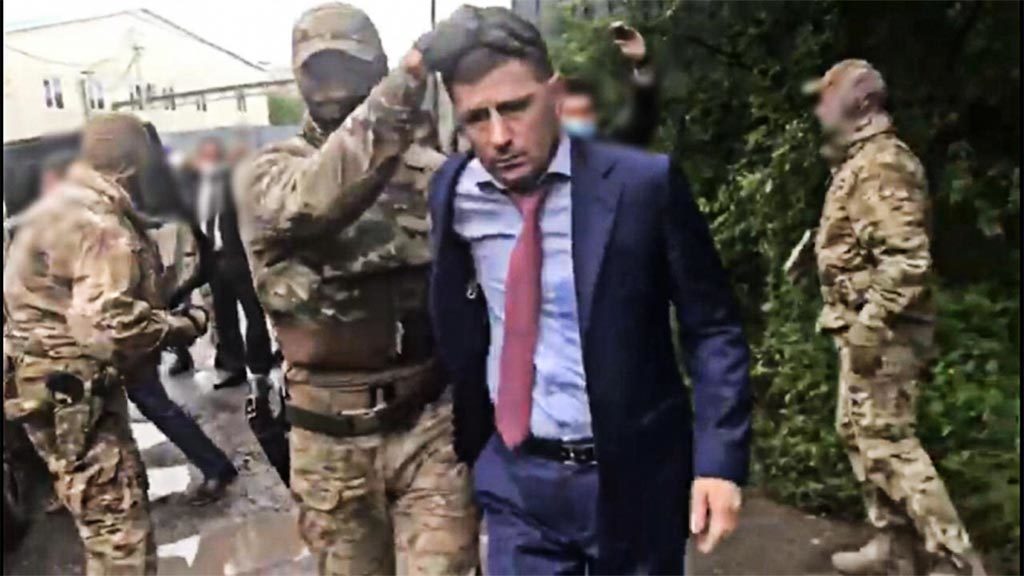
Thus it will be challenged from inside. The problem is that Russian state security is not homogenous. There are many security forces within it and their status is highly unequal. Broadly speaking, FSB is higher nobility while cops are lower nobility. Elite and counter elite 
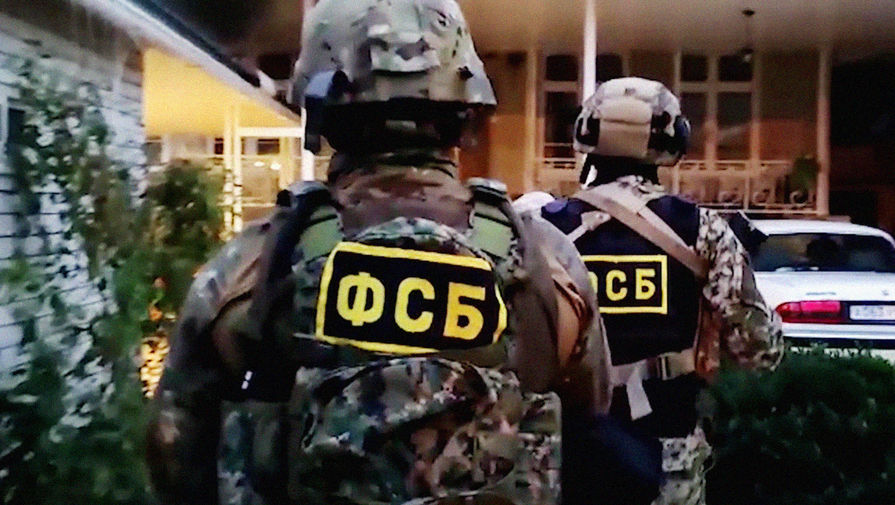
That's extremely important. The factor of status competition within the elite and within the regime is wildly underrated. And yet, this may be *the* main force of literally any social and political changes. To change sth you need to harness elite forces by giving them incentives 
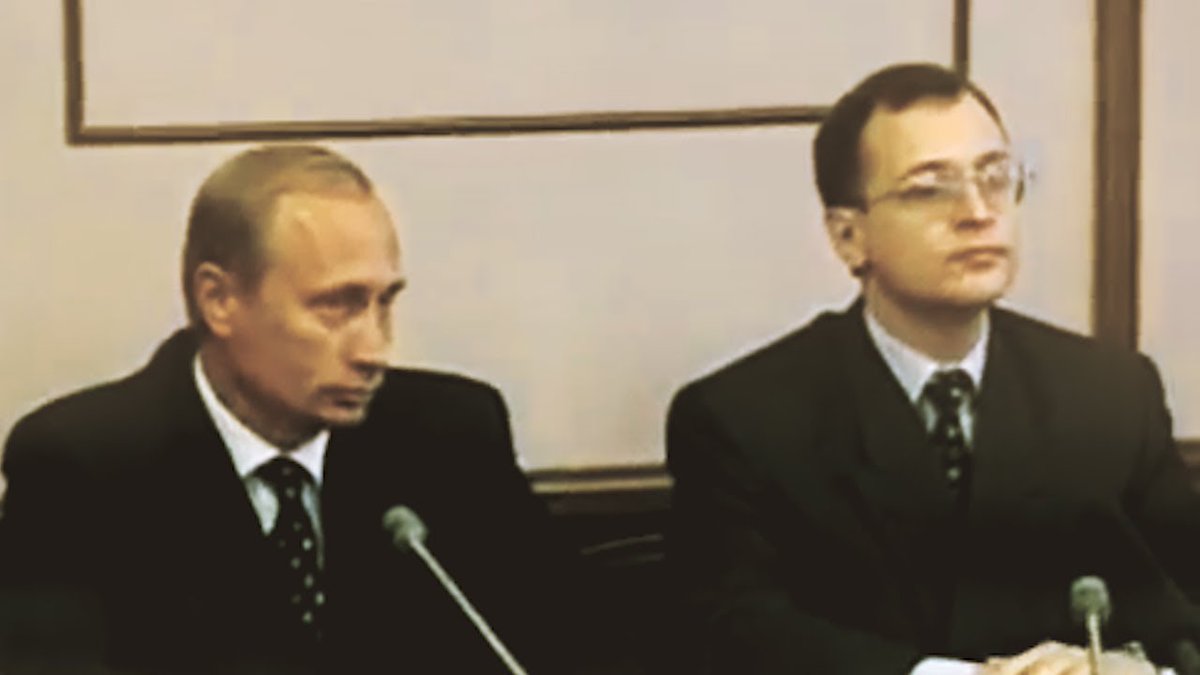
That's exactly what Putin did. Back in 1990s FSB used to be the lower nobility. Its status, salaries, privileges were far below other security agencies - SVR, FSO, FAPSI and ofc the true aristocracy - The Presidential Security Service led by Korzhakov, the top silovik of the era 

When Putin was appointed an FSB director, he was unknown, not very much respected chief of a lower status security structure. Even his own officers didn't hold him in high regard. He knew it. To renegotiate the balance of power he needed to renegotiate the elite hierarchy 
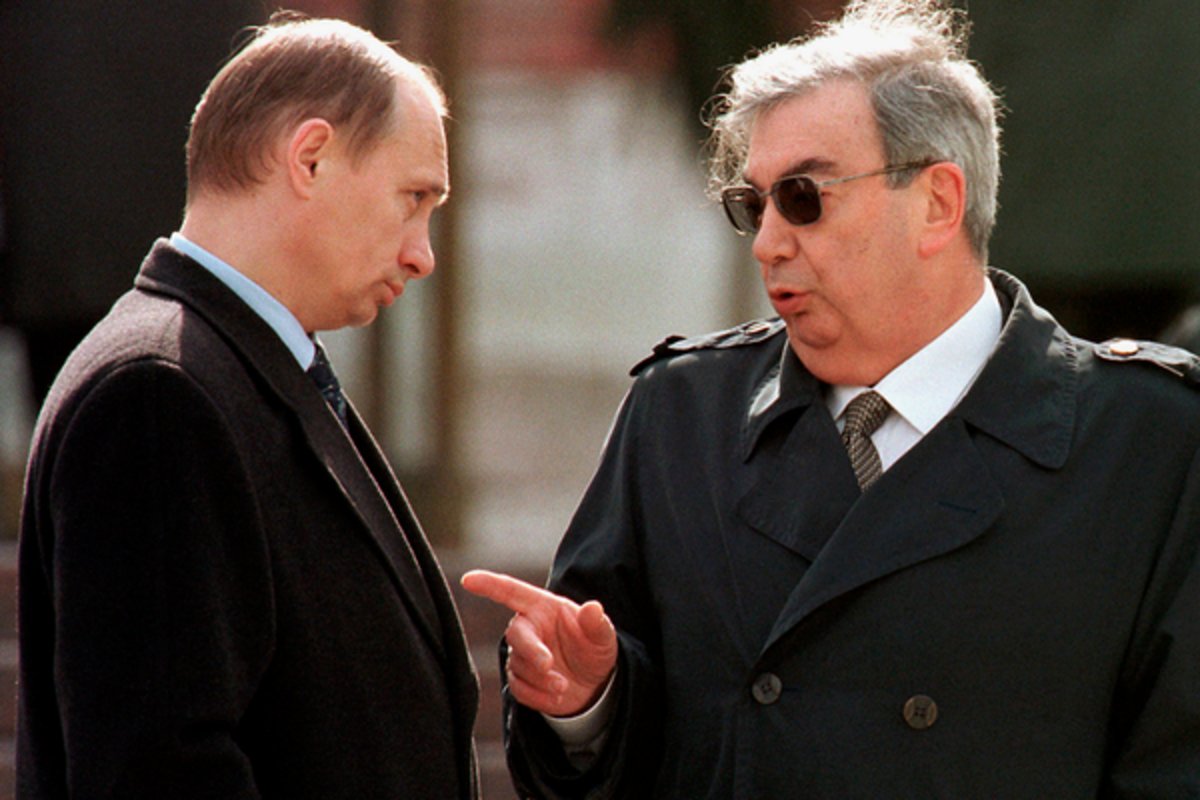
That's why he immediately started rising the FSB status. He raised its salaries, its benefits, its privileges to SVR and FSO level. He knew the FSB wants to rise and he needed to harness this natural force for his own benefit. He gave them salt 

Putin harnessed the FSB urge to rise and raised them. Other security agencies were either subjugated or dissolved completely like FAPSI. Lower nobility became higher nobility and that was the main driver of Putin's power consolidation, not the gibberish about "national revival" 

Intellectuals focus too much on discourse. "Great Russia", "Orthodoxy", "democracy", "Western values". That's not wrong, but I would suggest other way to look at it. How would you re-negotiate the power balance? Which counterelite forces will you harness to make a change? 
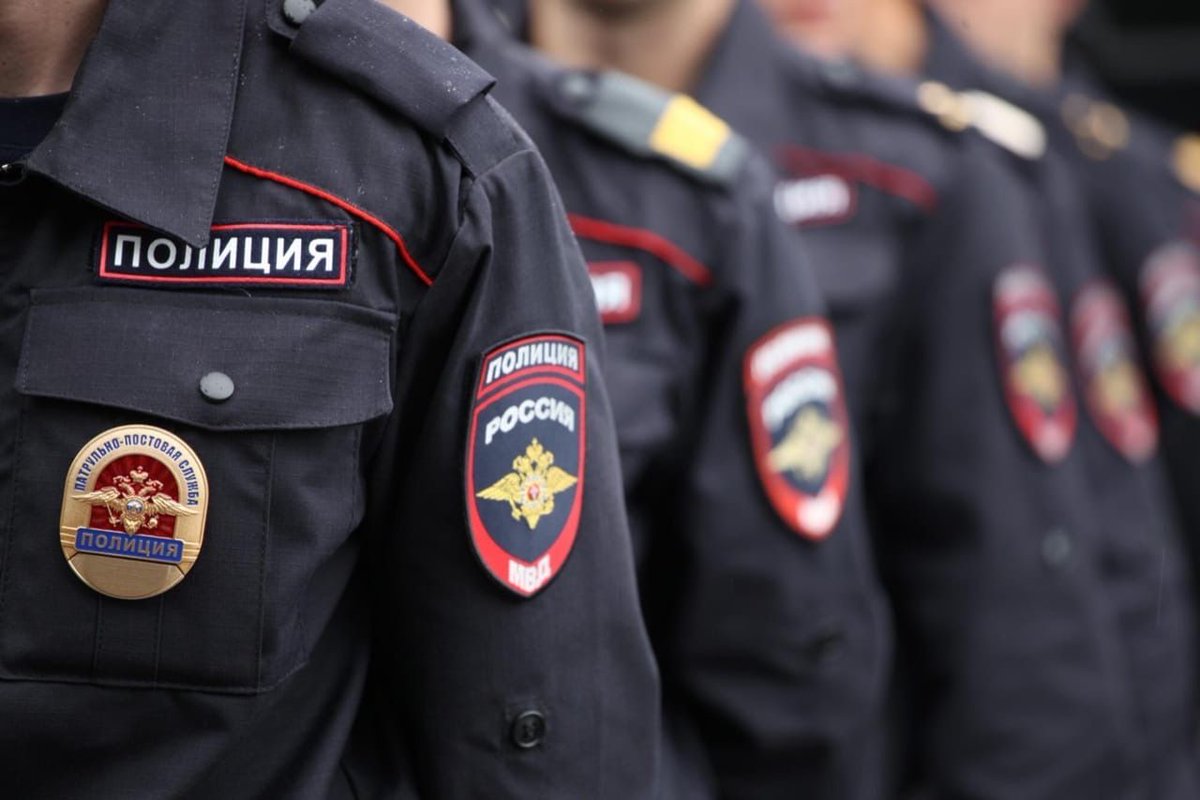
Words are great, but honestly neurotypical ppl don't care about words, only autists do. Normal healthy people just do whatever they like and find convenient and then rationalise, make up a justification why this was the only right moral choice to make. They can be very creative 
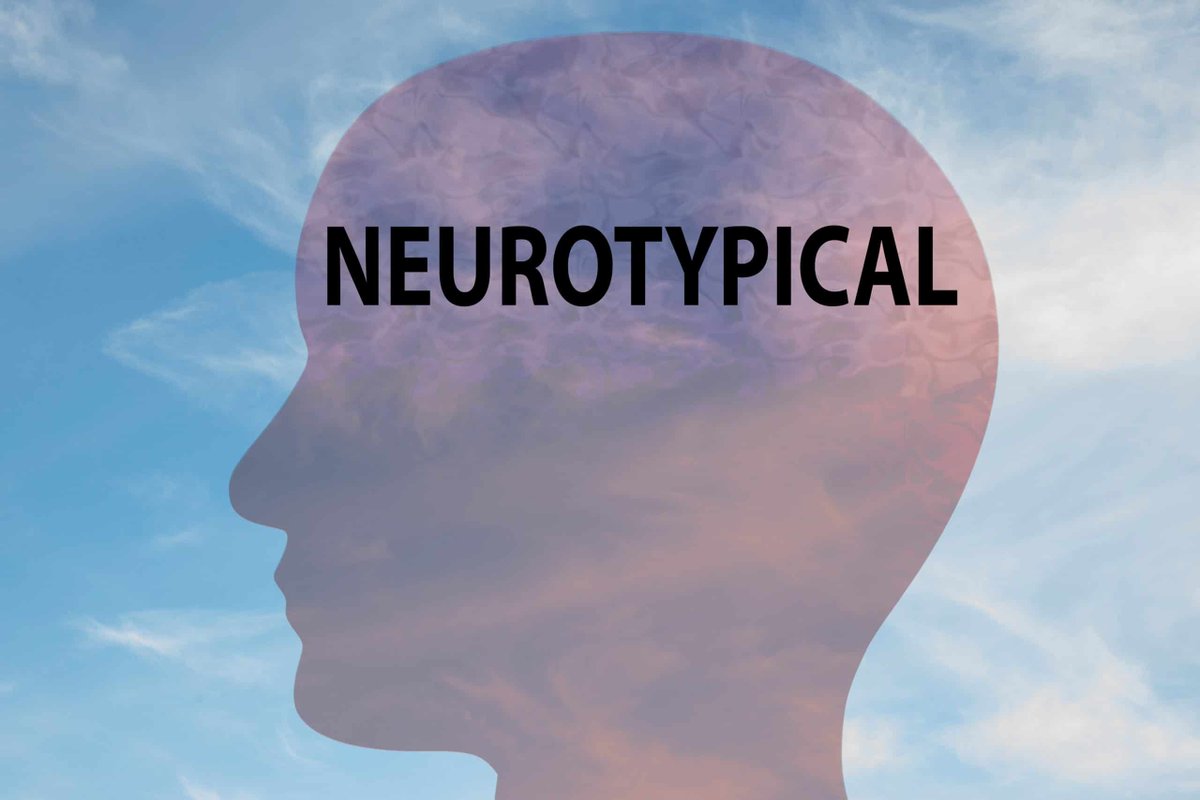
Rule of thumb: lower nobility hates higher nobility. They aren't dumb and won't tell it publicly, but privately, in between, that's *the* main topic of their conversation when higher nobility isn't around. Lower nobility wants to become higher nobility, eliminating the higher ups 

Don't think as an ideologue, think like an entrepreneur. According to Schumpeter, innovation is either employment of new factors of production or a new combination of existing ones. You can't create a new order from your head as Brahma, you must rearrange the existing one 
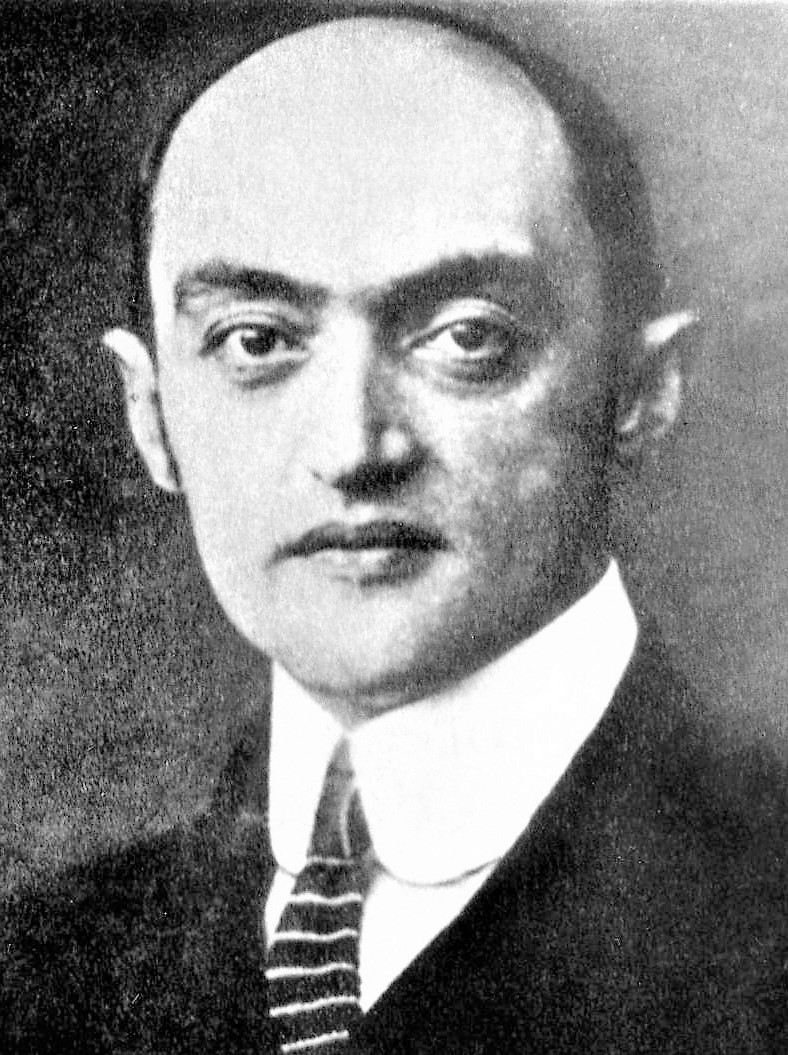
Don't used the God-mindset, use a startup mindset. How can we rearrange existing Russian order? Which *already existing* political factors can we employ, or how can we rearrange employed ones? That would make a sociopolitical innovation and ideological gibberish won't 
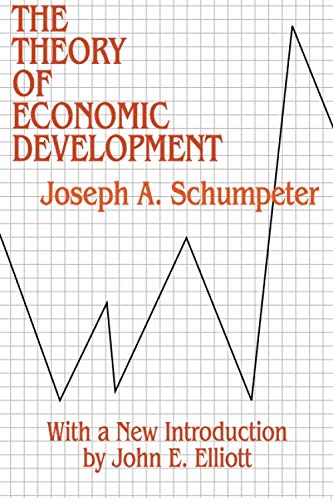
My advice. Negotiate with the lower nobility which has direct power and is somewhat high in spirit. That includes:
1. Mid-ranked, primarily regional elites
2. Cops
Give them salt. Will elaborate next time. End of 🧵
1. Mid-ranked, primarily regional elites
2. Cops
Give them salt. Will elaborate next time. End of 🧵

• • •
Missing some Tweet in this thread? You can try to
force a refresh





